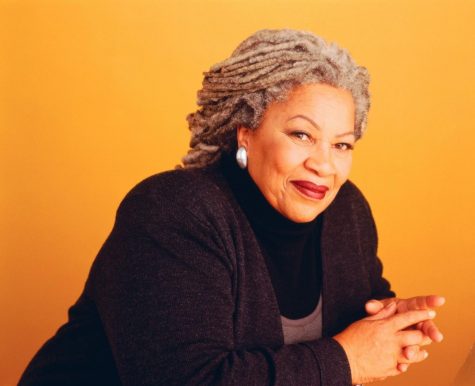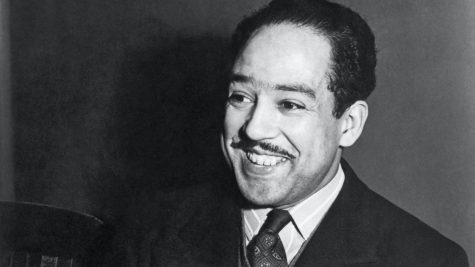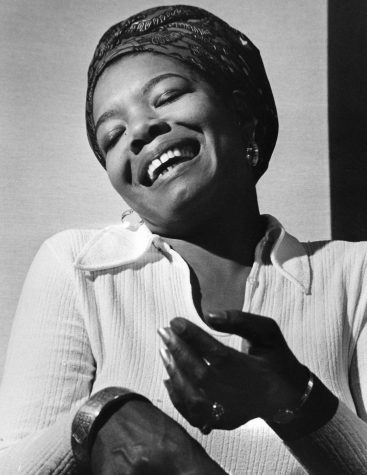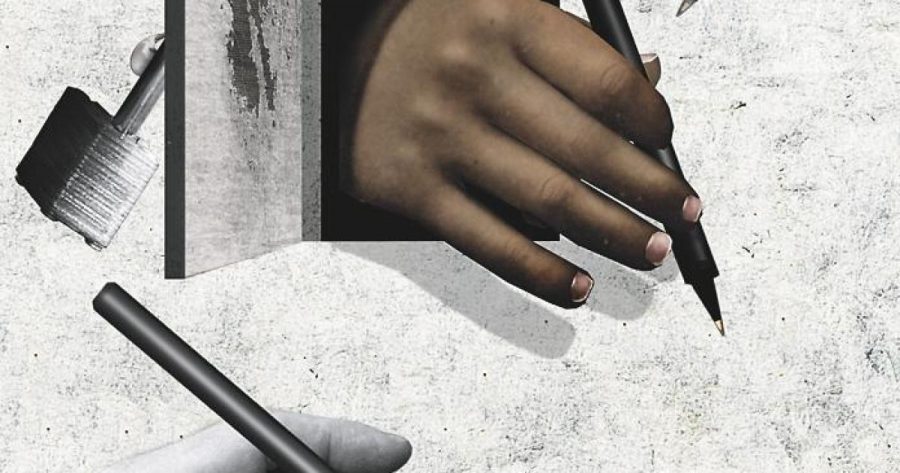African American Literature
Stimulated by the tragic yet inspiring events of this past summer, I decided to educate myself on the struggles of African-Americans. By peering into the extraordinary world of African-American literature, both fiction and non-fiction, I was able to understand the complexities of their daily lives as they relentlessly pursue what they deserve. I sincerely hope readers explore these writers and their wide variety of beautiful works to better understand the lives of persons of color in America.
Also, these writers are in no particular order so feel free to choose what truly interests you.
James Baldwin: One of the most celebrated African-American figures of all time, James Baldwin was an author, essayist, and speaker who supported the Civil Rights Movement as an openly gay activist in the 1960’s. Some of his works include the novels Go Tell It On the Mountain, Giovanni’s Room, and If Beale Street Could Talk as well as the short story “Sonny’s Blues.” With themes spanning race, religion, sexuality, and family, Baldwin’s works are quintessential to understanding the African-American perspective.
 Toni Morrison: With some of her works taught in American classrooms across the country, Toni Morrison was a highly-respected figure on the African-American experience as her works dealt with issues of race, family, and morality. Her novels include The Bluest Eye, Sula, Song of Solomon, Tar Baby, and the Pulitzer Prize- and Nobel Prize-winning Beloved. While her works explored the ideas of race in an American context, they were also influential pieces of literature in their own right, with grand symbols, themes, and characters.
Toni Morrison: With some of her works taught in American classrooms across the country, Toni Morrison was a highly-respected figure on the African-American experience as her works dealt with issues of race, family, and morality. Her novels include The Bluest Eye, Sula, Song of Solomon, Tar Baby, and the Pulitzer Prize- and Nobel Prize-winning Beloved. While her works explored the ideas of race in an American context, they were also influential pieces of literature in their own right, with grand symbols, themes, and characters.
Ralph Ellison: As the author of one of the best novels of all time, Ralph Ellison moved to New York City at an early age where he followed his passions as a writer who confronted racism in both the South and the North. Unlike his contemporaries who have collections and anthologies, Ellison has one major work that perfectly sums up the African-American experience during the early-20th century: The Invisible Man. With an unnamed African-American narrator, his novel illustrates the constant discrimination and shunning one encounters as a person of color, expressing a feeling of invisibility for persons of color in America.
Zora Neale Hurston: Growing up in the South during the early-1900’s, Zora Neale Hurston fully understood the complexities of being Black in a time and place of such racial discrimination. As a novelist, essayist, and anthropologist, Hurston developed a perspective focused on the African-American woman during the Harlem Renaissance through novels like Their Eyes Were Watching God and Jonah’s Gourd Vine. Hurston’s work as an anthropologist allowed her to understand how African-Americans were displaced geographically while navigating the nuances of daily life.
 Langston Hughes: When most think of the lively Harlem Renaissance, exploding with culture, style, and prideful blackness, minds tend to fall upon the beautiful poetry of Langston Hughes. As “Harlem’s unofficial diplomat,” Hughes explored the African-American experience with poetry that encapsulates racist behavior in even the most liberal cities like New York; establishes the dignified world of prideful culture above 110th Street; and traversed the minute complexities that determined the lives of many African-Americans in the 20th century.
Langston Hughes: When most think of the lively Harlem Renaissance, exploding with culture, style, and prideful blackness, minds tend to fall upon the beautiful poetry of Langston Hughes. As “Harlem’s unofficial diplomat,” Hughes explored the African-American experience with poetry that encapsulates racist behavior in even the most liberal cities like New York; establishes the dignified world of prideful culture above 110th Street; and traversed the minute complexities that determined the lives of many African-Americans in the 20th century.
Alice Walker: With her parents working as sharecroppers when she was a child and herself attending a segregated school, Alice Walker truly understood the toll of racism and sexism while she was growing up in the South. As an adult, she firmly established herself as one of the best novelists, poets, and social activists through novels like The Third Life of Grange Copeland, Meridian, and the Pulitzer Prize-winning The Color Purple as well as poetry collections like Once. As a social activist, Walker coined the term womanist, meaning a black feminist or feminist of color, as she continuously fights against racism and sexism to this day.
Ta-Nehisi Coates: An author and essayist who writes about the national struggle for African-Americans in a contemporary context, Ta-Nehisi Coates is a nationally renowned writer who has confronted politics, culture, and racism. In a non-fiction account written directly to his son titled Between the World and Me, Coates writes about his personal struggles with discrimination and a society that breeds racial behavior. Beyond his non-fiction work, Coates achieved national fame as a correspondent for The Atlantic with essays including “Fear of a Black President,” “The Case for Reparations,” and a collection of essays titled, We Were Eight Years in Power.
 Maya Angelou: Among the great artists of the last century, Maya Angelou was an African-American writer, poet, and social activist who continuously tackled racism and sexism in her autobiographies and poetry collections. Some of her autobiographical works include I Know Why the Caged Bird Sings, Gather Together in My Name, and The Heart of a Woman while her poetry includes And Still I Rise, I Shall Not Be Moved, and On the Pulse of Morning. As she explored the often heartbreaking intricacies of life as an African-American woman, her works carry the spirit of hope for all persons of color and women alike.
Maya Angelou: Among the great artists of the last century, Maya Angelou was an African-American writer, poet, and social activist who continuously tackled racism and sexism in her autobiographies and poetry collections. Some of her autobiographical works include I Know Why the Caged Bird Sings, Gather Together in My Name, and The Heart of a Woman while her poetry includes And Still I Rise, I Shall Not Be Moved, and On the Pulse of Morning. As she explored the often heartbreaking intricacies of life as an African-American woman, her works carry the spirit of hope for all persons of color and women alike.
Roxane Gay: A contemporary writer, novelist, and social commentator, Roxane Gay’s works openly explore themes on race, gender identity, and sexuality through her novel An Untamed State, her short story collection Difficult Women, and her memoir Hunger. With a concentrated focus on being a feminist of color, Gay’s Bad Feminist is a renowned bestselling collection of essays that discuss feminism in a modern context. As a contributing writer to The New York Times, Gay also focuses on the contemporary difficulties of race and sexism in America.
Octavia E. Butler: For any science fiction fans out there, Octavia E. Butler’s works, which include Kindred, the Xenogenesis trilogy, and Parable of the Talents, consider themes of race, the critique of present-day hierarchies, and Afrofuturism. As a recipient of the Arthur C. Clarke award, her literature is primarily science fiction as it deals with time travel, aliens, and space, however, her works do not shy away from real-world issues of racial discrimination either. In her most famous novel Kindred, a young African-American woman travels back in time to 19th-century Maryland where she encounters her slaveholding and enslaved ancestors.

Hashim Latif is a senior and a lifer at Keystone and he's extremely passionate about entertainment and culture in our world today. He wishes to work in...

